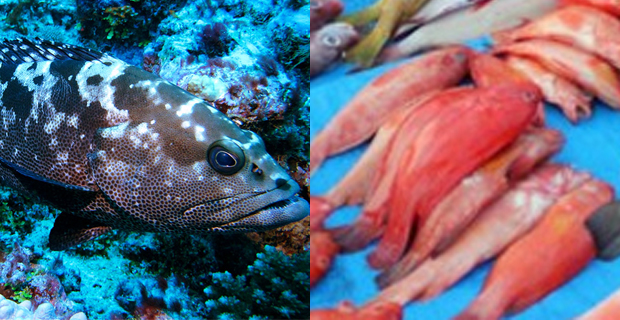
A seasonal ban on fishing kawakawa and donu has started and will end on September 30th.
The Ministry of Fisheries says this initiative is part of a critical management approach aimed at safeguarding these species during their peak breeding season to prevent overfishing and ensure the sustainability of Fiji’s marine ecosystem.
They say the four-month ban aligns with the breeding season of kawakawa and donu, which tend to aggregate in groups at specific reef passages across Fiji to spawn, so by halting fishing activities during this period, the ban aims to protect the fish when they are most vulnerable, thereby aiding in the replenishment of their populations.
The Ministry says kawakawa and donu are not only integral to the ecological balance of Fiji’s reefs but also hold significant cultural and economic value and they are a crucial food source and a vital income stream for local communities.
They say however, due to predictable breeding patterns, these species are particularly susceptible to overfishing where a recent study highlighted a 70 percent decline in fish landings over the past 30 years, underscoring the urgent need for protective measures.
The Ministry says the government has reported that 80 percent of known breeding sites for these species are either declining or have been wiped out.
They say the seasonal ban offers a straightforward solution by leveraging the knowledge of breeding seasons and by avoiding the fishing, buying, and selling of kawakawa and donu during these critical months, the fish are given a chance to spawn.
The Ministry adds this initiative is part of the broader 4FJ campaign, which has successfully garnered over 26,000 pledges from Fijians to abstain from consuming these fish during the breeding season.
Stay tuned for the latest news on our radio stations

